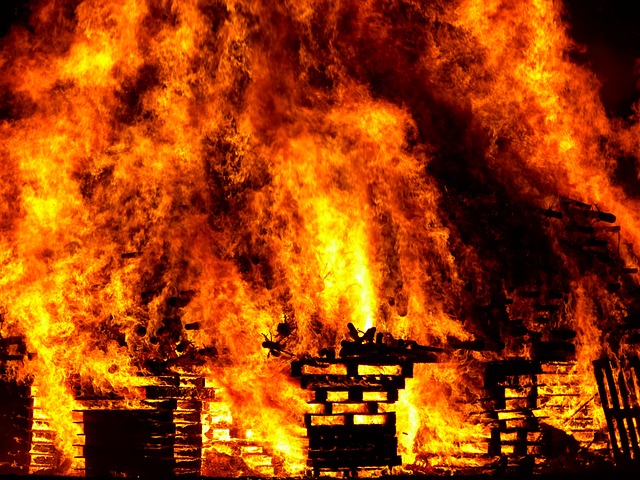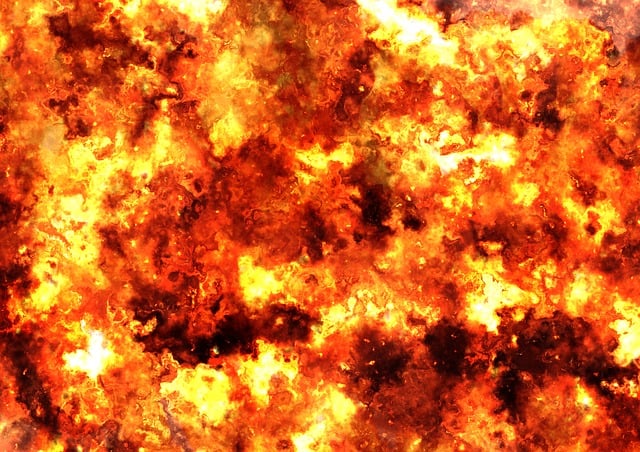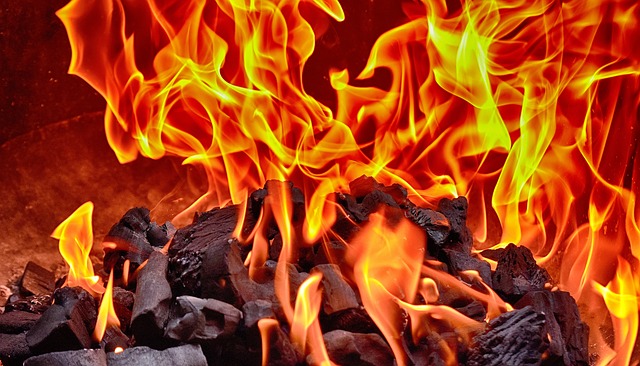Selling a fire-damaged home in Chicago involves understanding the intricate property valuation process post-disaster. Homeowners must document all damages for insurance claims and accurate market assessment. Certified appraisers determine fair market value by considering rebuilding costs and potential depreciation, ensuring a just price in competitive real estate markets. Engaging professionals, reviewing insurance policies, and navigating local regulations are crucial steps to navigate the complex process of selling fire-damaged properties in Chicago.
“After a devastating fire, homeowners in Chicago face the challenging task of property valuation. This comprehensive guide navigates post-fire assessments, offering insights into understanding the process and its impact on selling a damaged home. We delve into the factors influencing property value post-disaster, providing a step-by-step approach to assessing fire damage. Additionally, we explore insurance roles, local regulations, and practical tips for navigating the sale of fire-damaged properties in Chicago, ensuring informed decision-making during this difficult time.”
- Understanding Post-Fire Property Valuation in Chicago
- Assessing Fire Damage: A Comprehensive Guide for Homeowners
- The Role of Insurance in Post-Fire Property Valuation
- Local Regulations and Code Requirements After a Fire
- Tips for Selling a Fire-Damaged House in Chicago
Understanding Post-Fire Property Valuation in Chicago
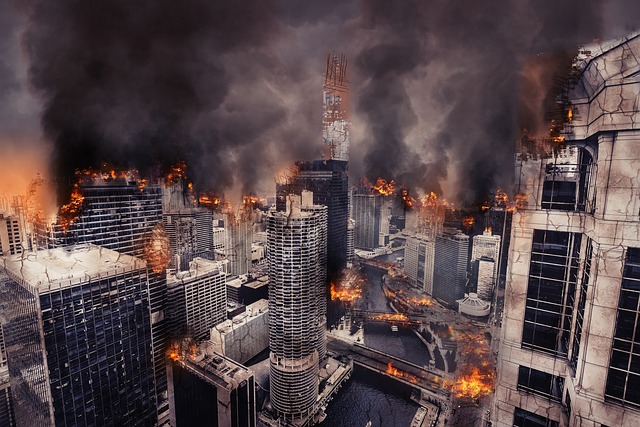
After a fire, property valuation in Chicago can be a complex process due to the unique challenges that come with repairing and rebuilding. Homeowners selling a fire-damaged property in Chicago need to understand how insurers assess losses and the role of certified appraisers in determining fair market value.
The first step is to document all damages thoroughly—from structural repairs needed to personal belongings affected or destroyed. This information is crucial for insurance claims and subsequent property valuation. In Chicago, where real estate markets are competitive, accurately evaluating a home’s post-fire worth involves considering both the costs of rebuilding and potential depreciation due to fire damage, ensuring a fair price when selling a fire-damaged house in Chicago.
Assessing Fire Damage: A Comprehensive Guide for Homeowners
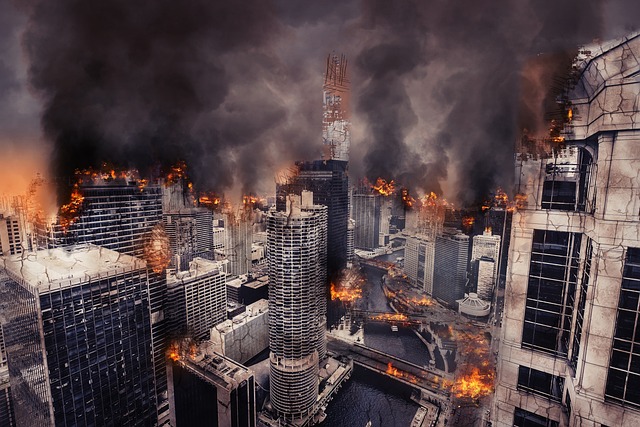
When a fire strikes, it leaves behind not just physical destruction but also emotional turmoil for homeowners. Assessing fire damage is a crucial first step in the recovery process and can significantly impact how you proceed with selling your fire-damaged home in Chicago. A comprehensive evaluation ensures that you understand the extent of the damage, which is essential when dealing with insurance claims and potential buyers.
In Chicago, where real estate is a significant investment, accurately valuing your property after a fire is critical. Homeowners should engage professional appraisers or restoration experts who can meticulously inspect every corner of the house. This process involves documenting structural damage, assessing the need for repairs, and determining if any contents were salvageable. It’s important to remember that each fire is unique, and so is its impact; therefore, a thorough assessment will provide an accurate picture, enabling you to make informed decisions regarding selling your fire-damaged property in Chicago.
The Role of Insurance in Post-Fire Property Valuation
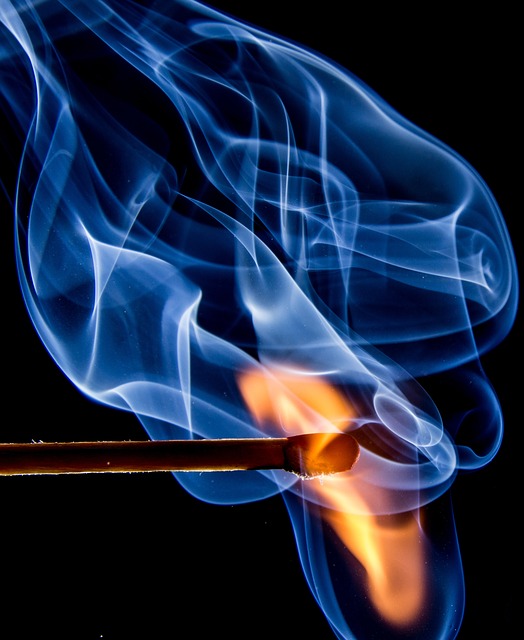
After a fire, property owners in Chicago often find themselves navigating complex processes to rebuild and recover. Insurance plays a pivotal role in this journey, serving as a financial lifeline for those affected by these devastating events. When it comes to post-fire property valuation, insurance companies are key players, ensuring fair compensation for homeowners looking to sell fire damage houses in Chicago.
Homeowners should understand their policy coverage carefully during this process. Many policies include provisions for rebuilding and replacement costs, which can be crucial in determining the pre-fire value of the property. This valuation is essential for insurance claims and subsequent sales, as it sets the foundation for financial support and helps owners make informed decisions about their next steps, whether that’s rebuilding or selling the property post-damage.
Local Regulations and Code Requirements After a Fire
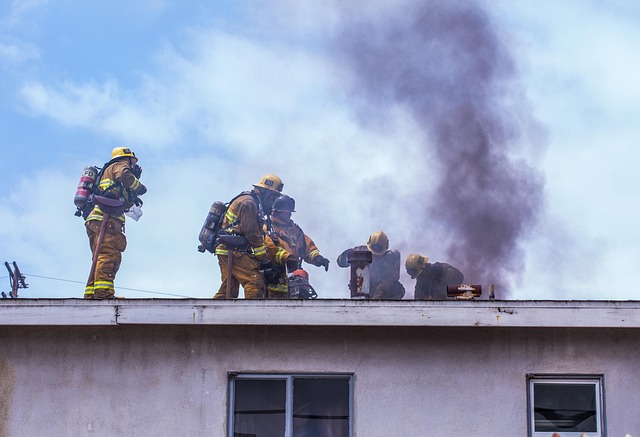
After a fire, navigating the local regulations and code requirements is a critical step for Chicago homeowners looking to sell their fire-damaged properties. The City of Chicago has stringent standards to ensure safety and structural integrity, which can impact the valuation process. Property assessors will evaluate the extent of the damage and determine if repairs meet the necessary codes before establishing a pre-fire value and estimating reconstruction costs. This meticulous process is designed to protect both homeowners and buyers, ensuring that any sale reflects an accurate representation of the property’s current state and potential future value.
Understanding these regulations is essential for anyone intending to sell a fire-damaged house in Chicago. Compliance with building codes and safety standards can sometimes involve significant costs, which may influence the decision to sell or the asking price. Homeowners should consult with local authorities and experienced real estate agents who specialize in post-fire property valuation to make informed decisions about navigating these requirements and maximizing their return on investment when selling a fire-damaged property in Chicago.
Tips for Selling a Fire-Damaged House in Chicago
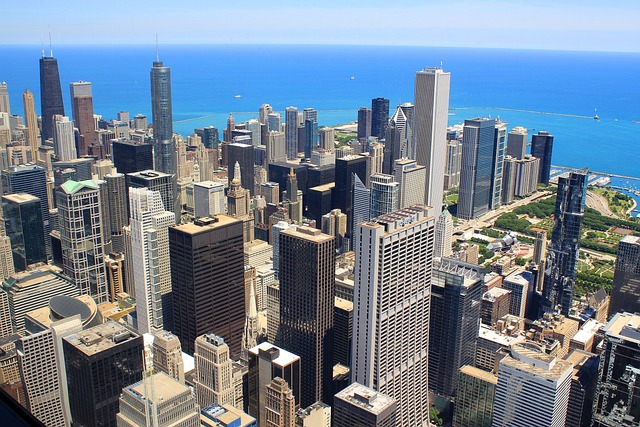
Selling a fire-damaged house in Chicago can be challenging, but with the right preparation and strategies, it’s possible to navigate this process successfully. The first step is to assess the extent of the damage; engage professional estimators or insurance adjusters who can provide an accurate report on repairs needed. This will help you set realistic expectations for potential buyers.
Once the damage is documented, stage your home to showcase its best features and create a positive impression. Remove personal items and debris, and consider light renovations like repainting and cleaning to make the space more appealing. Be transparent about the fire history and any ongoing repairs in the listing details; honest communication builds trust with buyers. Additionally, consult local real estate agents who specialize in post-fire property sales for guidance on pricing and marketing strategies, ensuring you maximize your chances of selling your Chicago home effectively.
When considering to sell a fire-damaged house in Chicago, understanding the post-fire property valuation process is crucial. By navigating through assessments of fire damage, insurance implications, local regulations, and market-specific tips, homeowners can ensure they receive a fair price for their property. Remember that, with the right knowledge, selling a fire-damaged home in Chicago can be a successful and smooth process.


